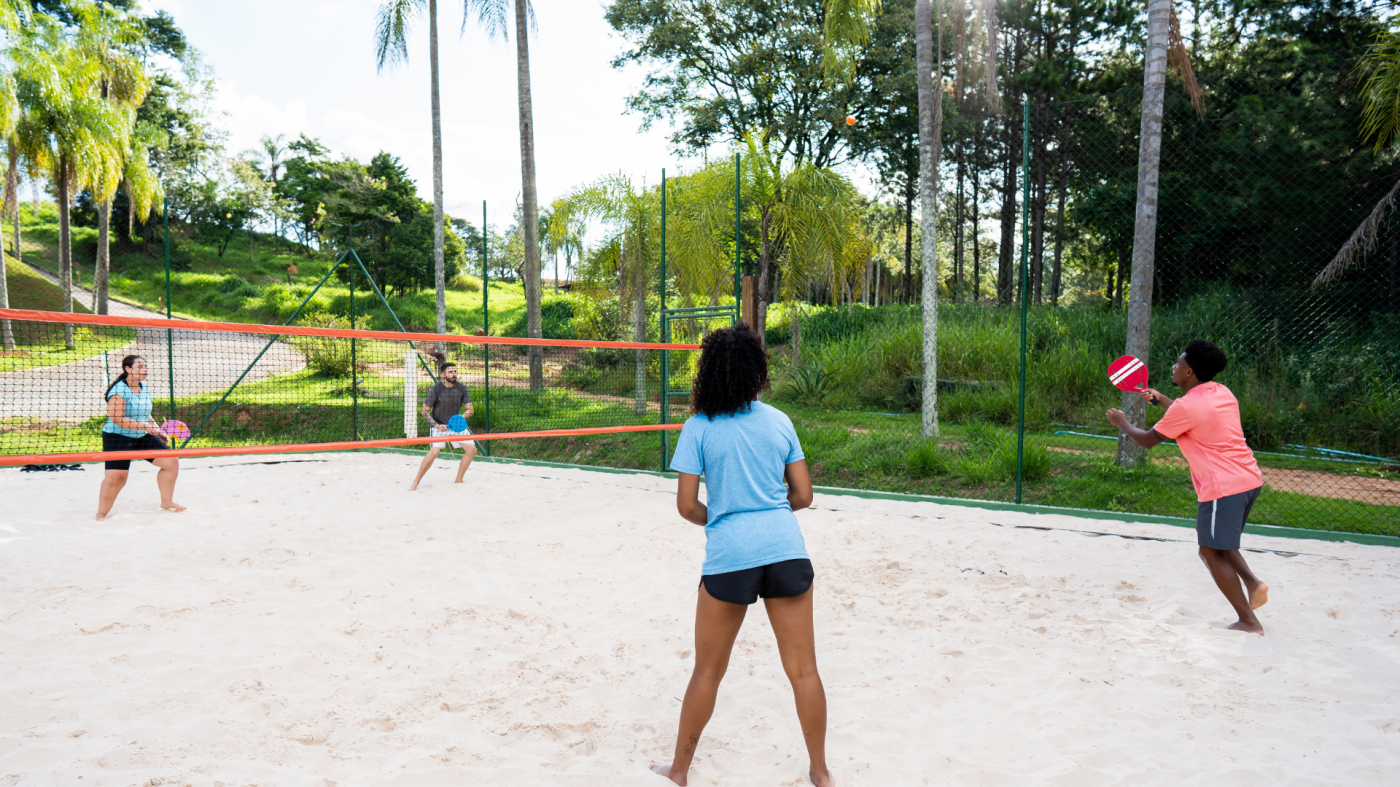The story first:
Racquetball
Racquetball was invented in the 1950s and 1960s in the United States by Joseph Sobek . This sport derived from handball is played indoors with a rubber ball and special rackets. Its popularity quickly increased thanks to the simplicity of its rules and its accessibility. In 1969 , the first national championship was organized, which marked the beginning of its international expansion. Although most practiced in countries such as the United States, Mexico and Canada, racquetball continues to attract players of all levels around the world.
Squash
Squash originated in the 19th century in England, arising from racket games played in British schools . Initially played outdoors, it quickly found its place indoors with the construction of the first indoor courts. The term "squash" is said to have been created to describe the sound of the ball hitting the court walls. Over time, the game became more fast-paced and competitive, leading to tournaments and competitions nationally and internationally. Today, squash brings together millions of practitioners around the world, whether in a competitive setting or for leisure and fitness.
So what are the differences between Racquetball and squash?
Aside from squash being older, there are other differences in playing style and equipment. The squash racket is larger (68cm) but the string is smaller, it can be compared to a tennis racket, the racquetball racket is smaller but the string is much larger. The court is smaller in squash as is the ball used.
A major difference in the game is that in squash we can score a point on the opponent's serve unlike in racquetball where we can only score a point on our serve.
Despite their opposing history, the two sports are very closely related, so it's not easy to differentiate the two sports!




Comments